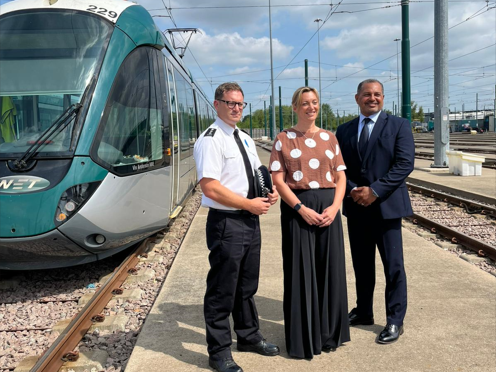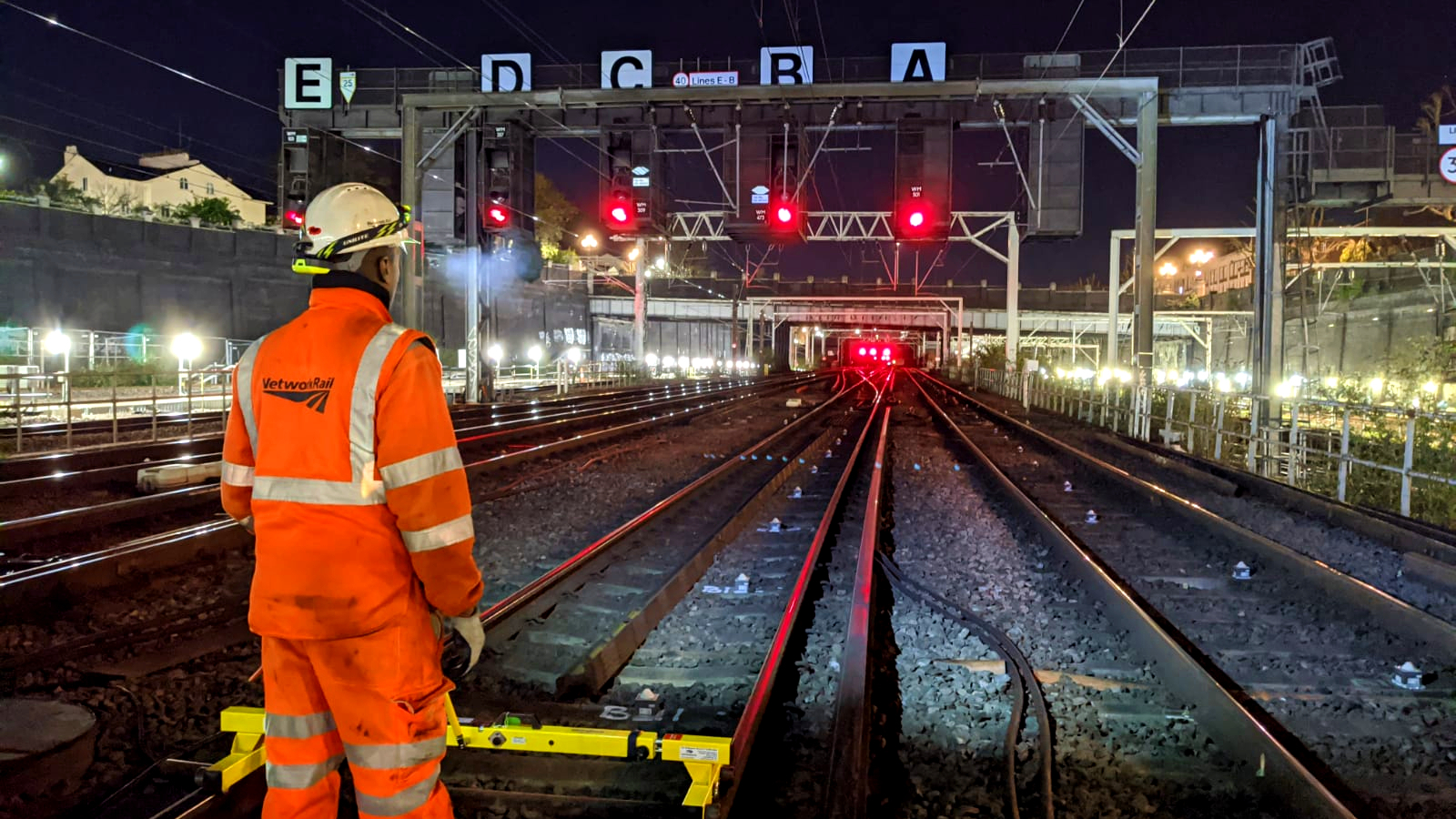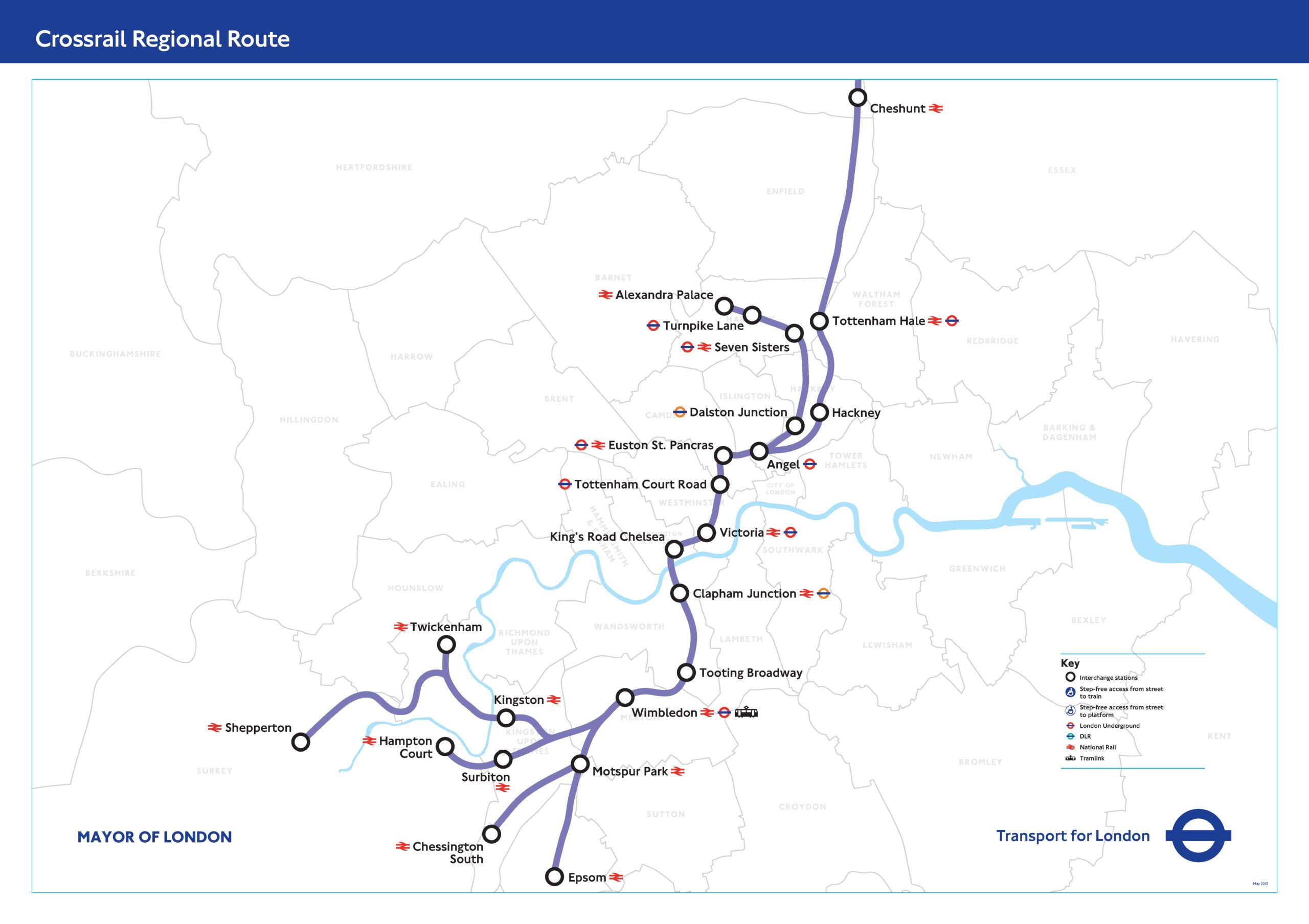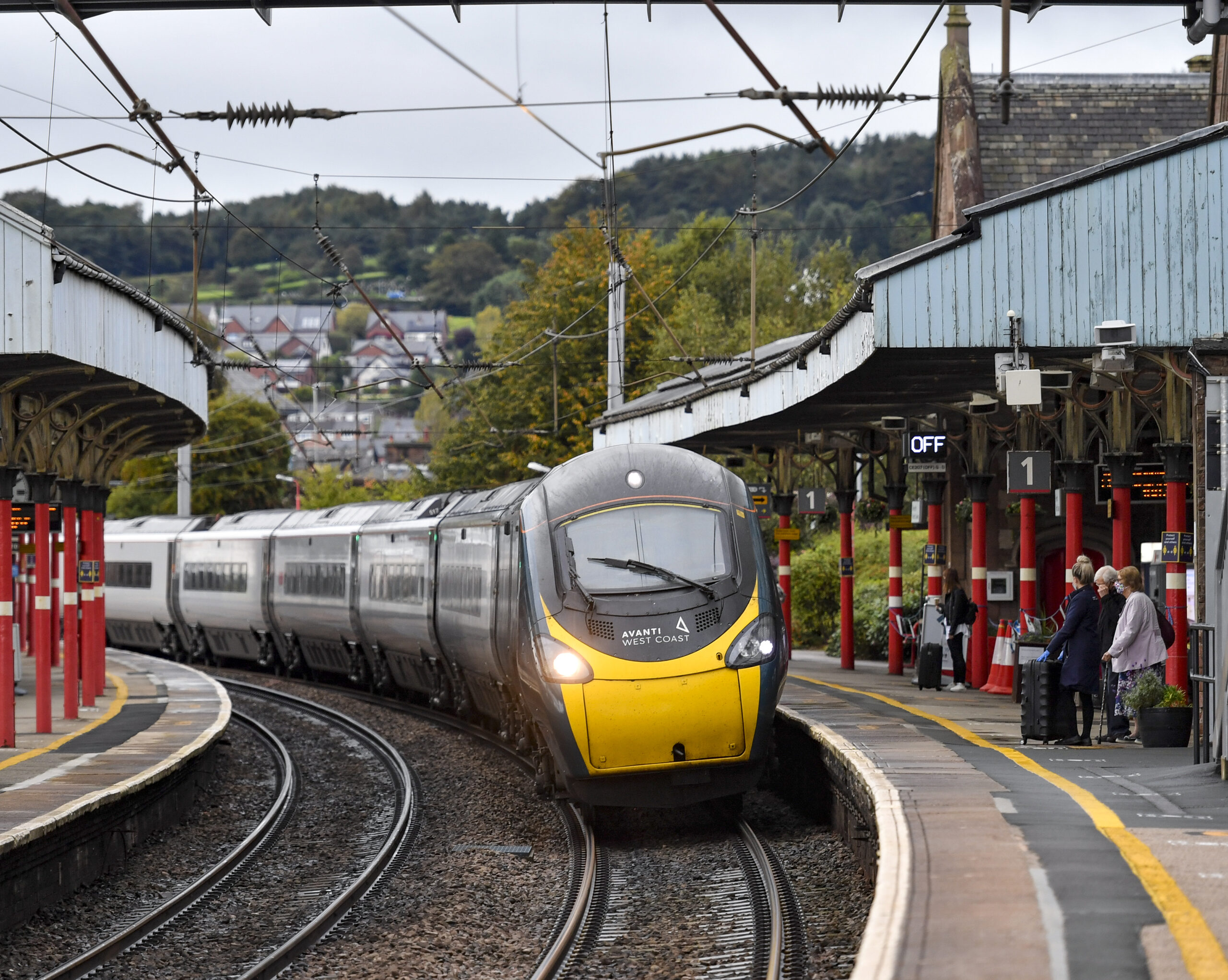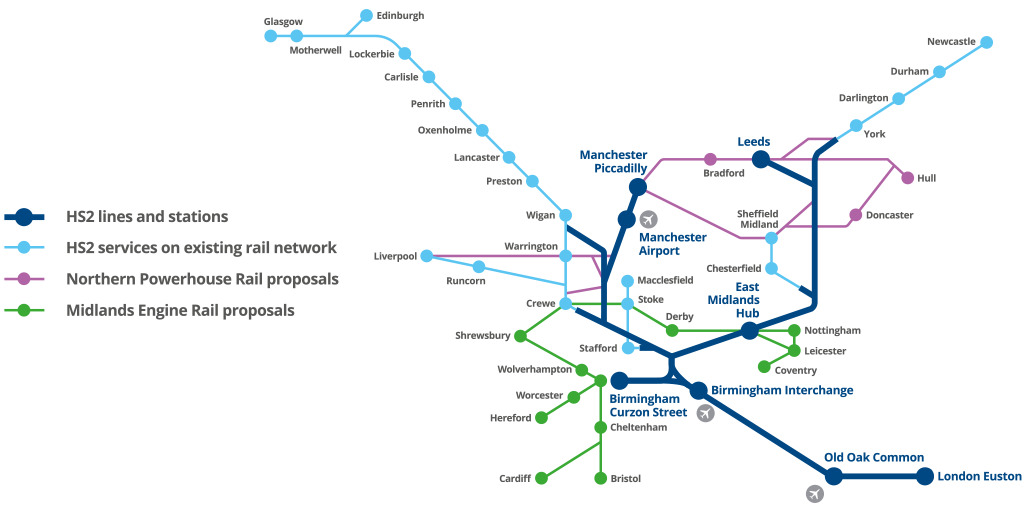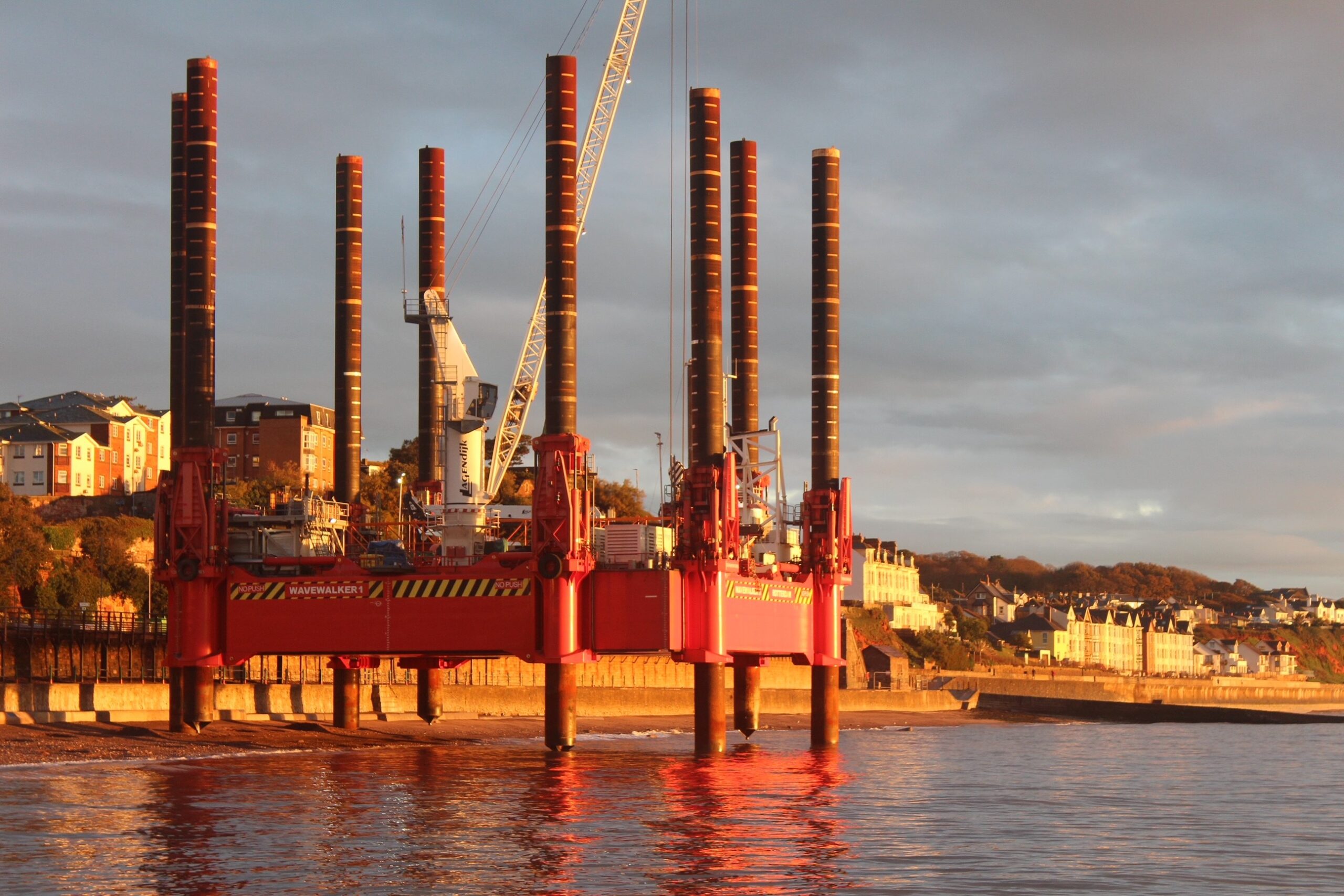The National Skills Academy for Rail and City & Guilds have published joint research – the Back on Track report – which has found that the UK rail sector will face a critical skills shortage by 2025.
The problem is threefold: Firstly, there is an ageing workforce. 28 percent of workers currently employed in the rail sector are over the age of 50. Secondly, there is a skills shortfall. An additional 120,000 people will be needed over the next 5–10 years with demand peaking in 2025. Thirdly, the workforce is not diverse enough. Currently, only 16 percent are female, while 24 percent of women say they would consider a career in rail.
City & Guilds says that “serious systemic issues in the industry’s talent and skills pipeline have created a shortage of trained and talented employees just when the industry needs them the most”.
The ageing workforce means that around 15,000 workers are set to retire over the next five years. Brexit will exacerbate the problem by potentially reducing the number of overseas workers willing or able to fill the gap. The report notes that between 2016 and 2018 the proportion of workers in the rail sector from the European Union fell from 17 percent to 15 percent – i.e. before the UK’s departure from the EU and thus before any Brexit-imposed obstacles. This declining trend is expected to continue, the report states.
Coupled with this decline in talent and skills is an increase in new rail projects, which will raise the demand for skills. According to the City & Guilds and National Skills Academy for Rail research these projects will require between 7,000 and 12,000 extra workers year on year for the next ten years – up to 120,000 in total. The demand for skilled workers is set to peak in 2025. That means recruitment and training must happen now so the workers are there when the work needs to be done.
The rail sector struggles with reputational problems, however, meaning it is failing to attract sufficient candidates. A mere 32 percent of respondents said they would consider a career in rail. Women, young adults and people from BAME backgrounds were particularly unlikely to consider a career in rail:
- 24 percent of women would consider a career in rail, compared to 41 percent of men
- 26 percent of 18–24-year-olds would consider a career in rail, compared to 39 percent of 35–44-year-olds
- 27 percent of BAME people would consider a career in rail, compared to 32 percent of white people
A key problem when it comes to recruiting new people into the rail sector is that the industry suffers from an image problem. There is a lack of awareness about the wide variety of roles available. 42 percent said they didn’t know enough about the sector. A further 35 percent they did not have the necessary skills to get into the sector.
Taking these findings on board, the report presented 7 recommendations:
- Lifelong learning commitments should be built into project specifications for national rail projects
- Change the image of the rail industry to make it a career destination, especially for young people
- Create strong paths to attract and retain talent
- Make it easier for people to enter the rail industry mid-career
- Build greater participation at the local and regional levels
- The government as well as relevant partners could launch an awareness-raising campaign
- Take advantage of the green agenda to attract a new generation to the industry
Martin Hottass, Managing Director – Technical Training at City & Guilds Group, said:The UK rail industry is on the cusp of leading a once-in-a-generation infrastructure revolution, with the potential to create thousands of high quality jobs across the country at a time when they are needed most. However, the dual blow of Brexit and a retirement cliff edge, in addition to systemic issues around growing and retaining skills, means unless Government, employers and industries work together to urgently addresses these issues, they risk scuppering this golden opportunity. It’s clear that greater collaboration will be key to increasing awareness of opportunities in the sector, and ensuring that rail projects are committed to creating lifelong learning opportunities.


















